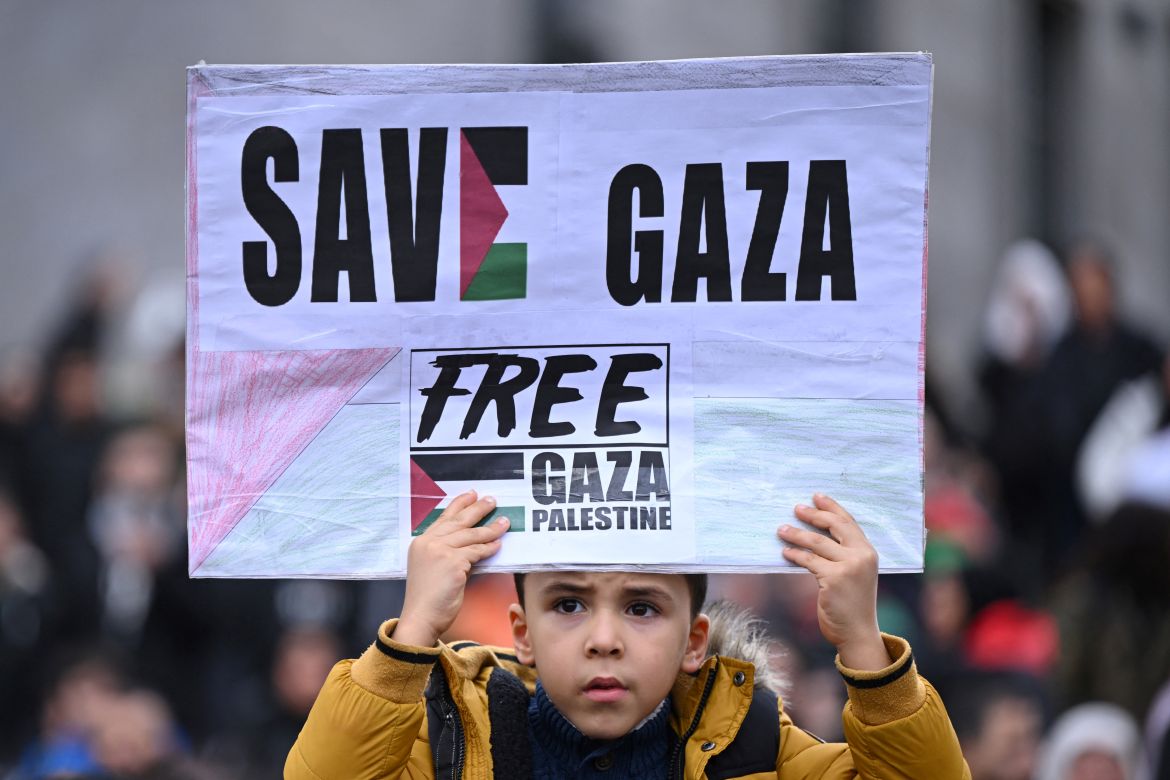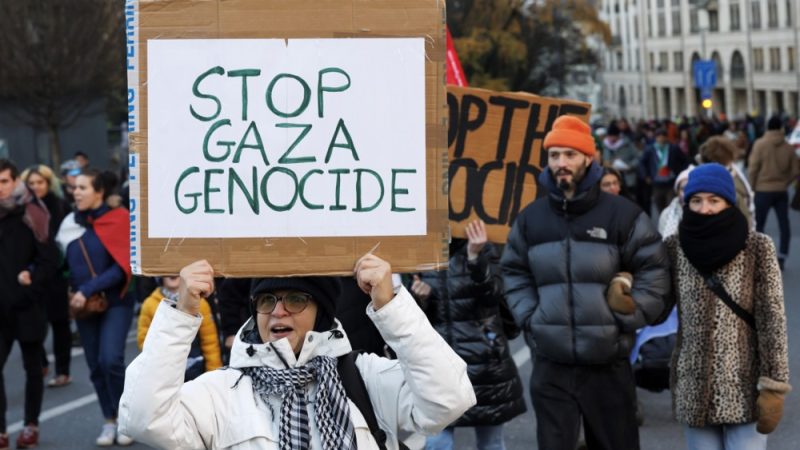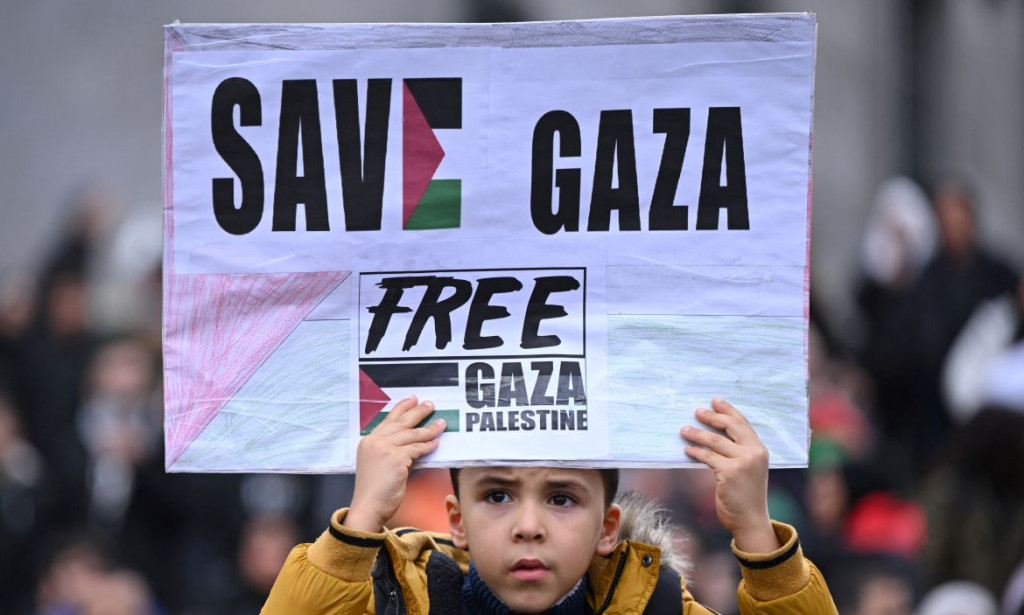 Introduction:
Introduction:
In recent years, the world has witnessed a surge in protests against Israeli policies, particularly concerning its treatment of Palestinians. From the streets of major cities to online activism, voices are rising against what many perceive as injustices perpetrated by the Israeli government. This article delves into the reasons behind the protests, their impact, and the broader context of the Israeli-Palestinian conflict.
**Historical Context:**
The Israeli-Palestinian conflict dates back to the mid-20th century, rooted in competing claims to land and national identity. Following the establishment of the state of Israel in 1948, hundreds of thousands of Palestinians were displaced, leading to a humanitarian crisis that persists to this day. The subsequent Arab-Israeli wars, the occupation of Palestinian territories in 1967, and the ongoing expansion of Israeli settlements have further fueled tensions.
**Reasons for Protest:**
1. **Occupation and Settlements:** One of the central issues driving protests is the Israeli occupation of Palestinian territories, including the West Bank and East Jerusalem. The expansion of Israeli settlements in these areas is widely condemned by the international community as illegal under international law and as a major obstacle to peace.
2. **Human Rights Violations:** Proponents of the protests argue that Palestinians living under Israeli occupation face systemic discrimination, restrictions on movement, and violations of basic human rights. Reports of arbitrary arrests, detentions, and excessive use of force by Israeli security forces have sparked outrage and fueled calls for accountability.
3. **Gaza Blockade:** The blockade of the Gaza Strip, imposed by Israel and Egypt since 2007, has led to a severe humanitarian crisis. Proponents of the protests argue that the blockade amounts to collective punishment and has resulted in widespread poverty, unemployment, and inadequate access to essential services such as healthcare and education.
4. **Jerusalem Status:** The status of Jerusalem is a contentious issue in the Israeli-Palestinian conflict. Israel claims Jerusalem as its capital, while Palestinians aspire to establish East Jerusalem as the capital of a future Palestinian state. The relocation of the U.S. embassy to Jerusalem in 2018 sparked protests worldwide, with many viewing it as a provocative move that undermines the prospects for peace.
**Impact of Protests:**
Protests against Israeli policies have had both tangible and symbolic impacts. On a practical level, they have raised awareness about the plight of Palestinians and mobilized support for their cause. They have also put pressure on governments and international organizations to take action to address the root causes of the conflict and hold Israel accountable for its actions.
Symbolically, protests serve as a powerful expression of solidarity with the Palestinian people and a rejection of injustice and oppression. They provide a platform for individuals and communities to voice their concerns and demand change, often in the face of considerable opposition and criticism.
**Challenges and Controversies:**
Despite their significance, protests against Israeli policies are not without challenges and controversies. Critics argue that some demonstrations veer into antisemitism, conflating opposition to Israeli government actions with hostility towards Jewish people as a whole. This conflation undermines the legitimacy of the protests and detracts from their message of justice and human rights.
Additionally, protests can sometimes escalate into violence, leading to further loss of life and exacerbating tensions on both sides of the conflict. Balancing the right to peaceful protest with the need to maintain public order and security is a delicate task for authorities and organizers alike.
**The Way Forward:**
While protests are an important form of advocacy, lasting resolution to the Israeli-Palestinian conflict requires political will, diplomacy, and compromise from all parties involved. Dialogue, negotiation, and a commitment to international law and human rights principles are essential for achieving a just and sustainable peace.
Civil society plays a crucial role in advancing these goals by fostering understanding, empathy, and cooperation among communities affected by the conflict. Grassroots movements, advocacy organizations, and initiatives promoting dialogue and reconciliation offer hope for a future where Israelis and Palestinians can coexist in peace and mutual
Conclusion :
protests against Israeli policies reflect widespread concerns about the ongoing injustices faced by Palestinians and the need for a just and lasting resolution to the Israeli-Palestinian conflict. While protests alone cannot solve the complex challenges of the region, they serve as a powerful reminder of the urgency of addressing these issues and the global demand for justice and equality.



You must be logged in to post a comment.